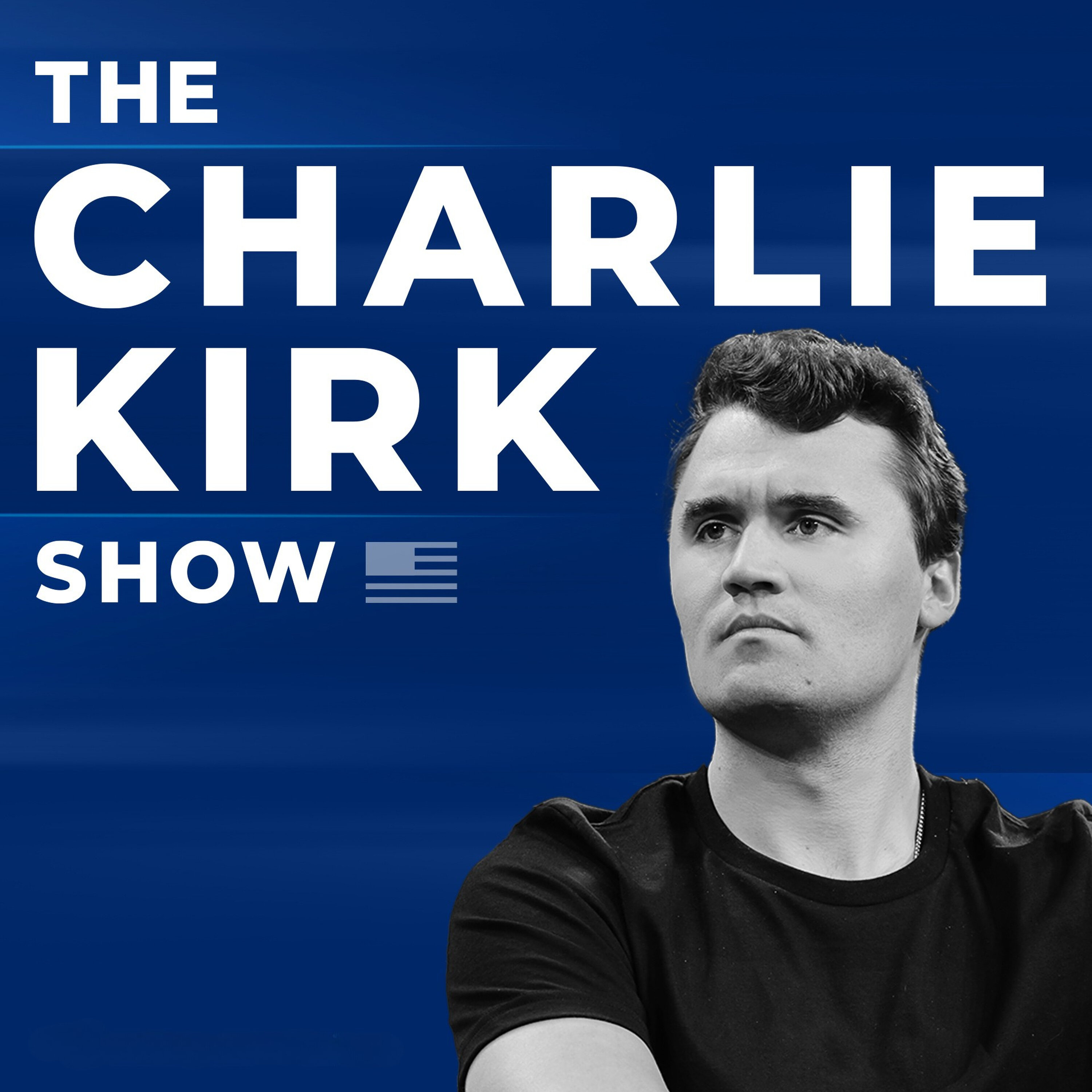
Key Insights
Why are conservatives concerned about a new poll from Iowa?
The poll by Ann Seltzer shows Kamala Harris leading by three points, which is surprising given other polls showing Trump up by 10 points. This has raised concerns about potential missed trends or subterranean elements in the election that other pollsters might be overlooking.
What is 'herding' in the context of election polling?
Herding refers to pollsters massaging their data to align closely with other polls, avoiding outlier results that could be seen as too different. This phenomenon has been noted by election forecaster Nate Silver, who points out that polls tend to be very similar, missing natural random variations that should occur in a tied race.
Why is Ann Seltzer's polling considered significant?
Ann Seltzer is known for her accurate polling in Iowa, having correctly predicted Trump's strong performance in 2020 when other pollsters missed it. Her reputation for not engaging in herding and for publishing results that differ significantly from the consensus makes her polls noteworthy.
What are the potential implications of Seltzer's poll if accurate?
If accurate, Seltzer's poll could indicate a realignment of senior voters away from Donald Trump, particularly older women who are turning to Kamala Harris. This shift could potentially affect other Midwest states with similar demographics, such as Wisconsin and Michigan.
Why might Seltzer's poll be considered flawed?
Critics point out several issues with Seltzer's poll, including an oversampling of Democrats (D+3) in an R+10 state, discrepancies in voter age groups (e.g., Trump winning under 35s but losing boomers), and a high emphasis on 'threat to democracy' as a top issue, which is not reflected in other national polls.
How might the youth vote impact the election outcome?
The youth vote could be a significant factor, especially if young voters turn out in large numbers for Kamala Harris, as suggested by some polls. However, anecdotal evidence from student mock elections and campus visits suggests that young voters are more supportive of Trump than expected.
What role does early voting play in the current election?
Early voting has shown strong Republican turnout, which could be a positive indicator for Trump's performance. However, there is a concern that pollsters might be underestimating the impact of early voting and not accurately polling those who have already cast their ballots.
What is the significance of the 'silent majority' concept in this election?
The concept of the 'silent majority' suggests that there could be a large group of voters who are not actively participating in protests or public displays of support but who quietly support conservative candidates. If this group turns out to vote, it could significantly impact the election outcome.
How might the Democrats' ground game impact the election?
The Democrats' ground game, particularly in states like North Carolina, is being heavily invested in, suggesting they see it as a potential swing state. However, there are concerns about their ability to turn out their base effectively, especially compared to the enthusiasm and organization seen on the Republican side.
What are the potential reasons for Kamala Harris's low-key campaign schedule?
Kamala Harris's limited campaign schedule could be due to difficulties in building large crowds, requiring significant effort to bus in supporters. Additionally, her campaign might be focusing on targeted, high-impact events rather than widespread rallies to avoid negative publicity from low turnout.
Chapters
- Ann Seltzer's poll showing Kamala Harris up three in Iowa has caused concern.
- The poll suggests a realignment among senior voters away from Trump.
- There are discrepancies in the poll's methodology and sample size that raise doubts about its accuracy.
Shownotes Transcript
As the election rapidly approaches Charlie, Jack, Blake, Tyler, and Andrew discuss the hottest topics of the last days, including:
-Should conservatives worry about a surprising new poll out of Iowa?
-What are the most likely Electoral College maps?
-Who has the momentum going into election-day voting?
-Will Peanut the Squirrel receive justice?
Support the show: http://www.charliekirk.com/support)
See omnystudio.com/listener) for privacy information.